What is a Lunar cycle?
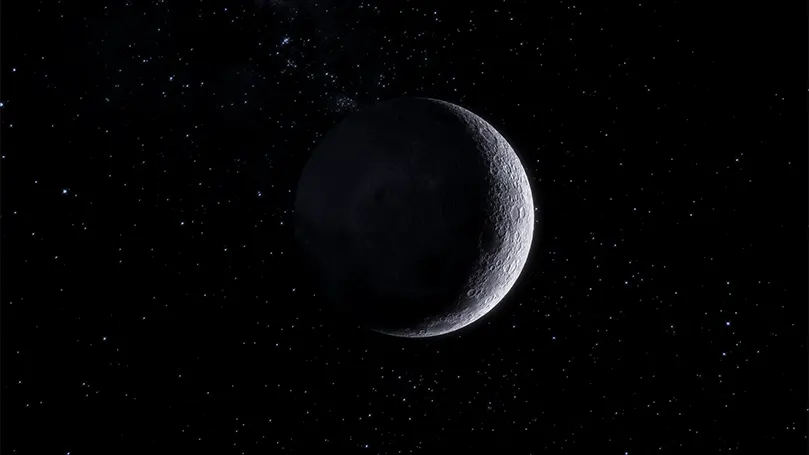
First off, let's discuss what exactly are Lunar cycles so that we're all on the same page. Lunar cycles or moon phases are how we describe the ever-changing shape of the moon in the night sky.
However, it's important to note that the moon itself doesn't change. Rather, as the Earth, Sun and Moon shift, light hits the moon at a different angle before bouncing back to Earth. So, when the light is shining on the part of the moon visible from our angle, we get the full moon.
And when light is shining on the side that we can't see, it's called the new moon phase and the moon is completely invisible to us. There are eight phases in total but knowing each individually isn't necessary to get what we're talking about.
Lastly, a full moon occurs once every 29.5 days, so you should expect a bad night's sleep about once a month. Now that all of that is out of the way let's talk about how the full moon actually affects human sleep.
How does the moon affect sleep?
When it comes to how moon phases affect sleep, the research is anything but conclusive. Sleep research has confirmed that the moon does have a subtle effect on our sleep duration and sleep quality but determining the exact cause is a bit more tricky. So, here's what we do know.
The influence of light exposure
We already know that light affects sleep in a major way. Every person has an inner biological clock called a circadian rhythm that tells us when it's time to go to sleep and when we should be awake. And this body clock heavily relies on natural light in order to gauge when our body needs melatonin – the sleep hormone.
For this very reason, we often suggest not looking at your phone or computer before bed when trying to improve your sleep quality. Yes, even artificial light can trick your body into thinking it's daytime, making it harder for you to fall asleep naturally.
So, let's remember what we know about the moon. It doesn't have its own light but rather reflects the light of the sun. And it's at its brightest during a full moon. So, that has to be it, right? Well, there are some inconsistencies.
Studies on how the moon affects sleep
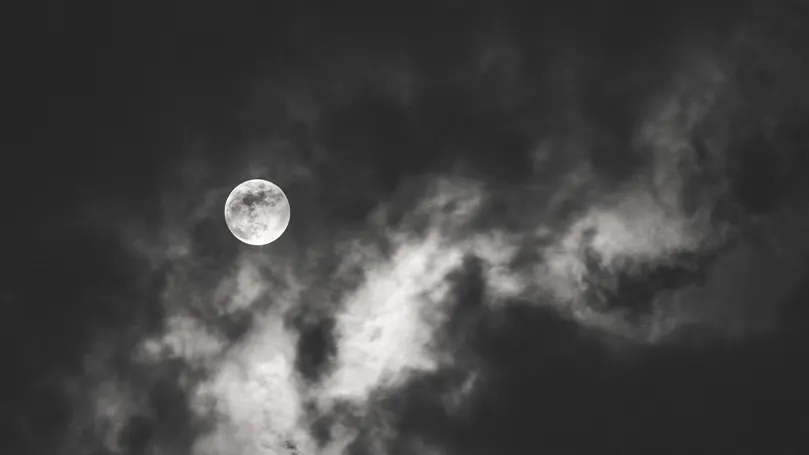
If the connection between moon phases and sleep patterns was as simple as “reflected light keeps us awake”, this article would've ended within a few sentences. However, there seem to be slight inconsistencies that could have you believe there's more going on here.
Researchers collected sleep data from 98 people living in three Toba-Qom indigenous communities in Argentina and then compared the results. There were two important inconsistencies.
First off, people had the least deep sleep 2-3 days leading up to the full moon but not on the actual day itself. And since the moon should be brightest when it's fully visible, this was slightly odd.
Secondly, the three communities had varying access to electricity. One would suppose that those who have constant access to artificial light wouldn't be as phased by the moon's light. After all, having any sort of electric appliance means getting a few light distractions every minute.
However, the experiment concluded with all three groups falling asleep at roughly the same time – all losing about 20-30 minutes of sleep. So, if light played a significant role in sleep disruption, why was there no difference between those constantly surrounded by light and those who are used to everything going dark in the evening?
Does the moon's gravity affect sleep?
If light is out of the question, most people would then assume that it had something to do with the moon's gravity. After all, if it can control our tides, it isn't too much of a stretch to say it controls our sleep patterns as well.
However, there is no scientific basis for this claim – at least not any that we could find. Nothing in our body would suggest that we have a particular sensitivity to the moon's magnetic pull and this theory once again doesn't explain why the most sleep lost was leading up to the full moon and not the day of.
Maybe one day scientists will find a direct link between our body and the magnetic field of Earth that would explain this lunar insomnia but for now, it's just a baseless theory.
Does a full moon affect men and women differently?

It's no secret that for the longest time scientists didn't exactly understand female anatomy. So, it doesn't come as much of a shock that prior to the modern age, a woman's menstrual cycle was directly tied to the moon. Well, either that or some type of witchcraft.
And even today, it remained one of those myths that you simply don't think much about before saying like a fun fact or a passing remark. However, a new study showcased the exact opposite findings.
A university in Sweden looked at 852 participants and their sleep duration and quality during different moon phases. What they found was that men actually slept a bit less and had a more significant reaction to the moon phases than women.
However, it's important to note that the study was anything but conclusive, as the participants slept for only one night while being monitored and the sleep samples were taken over the span of multiple years. So, it's not air-tight evidence but perhaps a new fun fact.
How to fall asleep easily during a full moon
On average, people lose about 20-30 minutes of sleep during a full moon (or leading up to it). If you're getting your full 8 hours of sleep, this is hardly significant enough to warrant any concern as you're still getting more than enough sleep.
However, if you typically get seven hours of sleep or less, even 20 minutes could mean quite a lot. So, let's go over some basic tips on how to fall asleep more quickly and stay asleep until the alarm rings.
Related reading:
Get on a consistent sleep schedule
Humans are creatures of habit and this is something you can take full advantage of. Just by going to sleep at the same time every night and waking up at the same time every morning, your body will naturally fall into a rhythm.
It might be a bit stressful at first but once your body gets used to it, you'll be able to zone out more quickly than ever before and you might even start waking up naturally a few minutes before the alarm goes off.
And if you need help determining exactly how much sleep you need, we have an article that will guide you through the entire process.
Make your room ideal for sleep
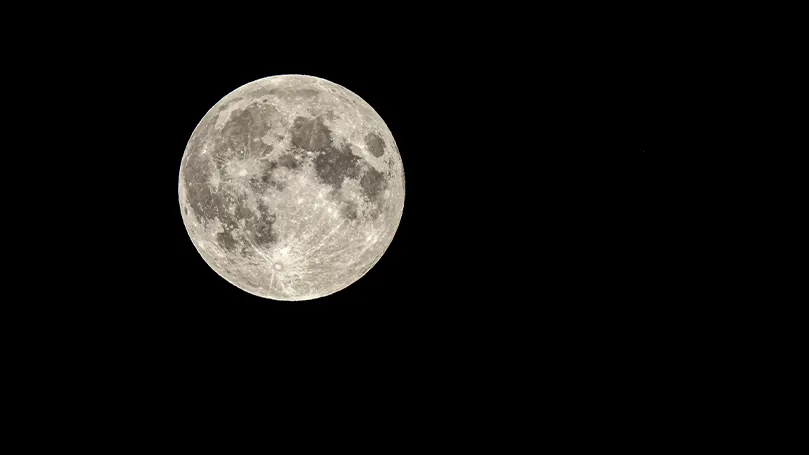
Your bedroom should be like your kingdom, where every part is designed to serve you well. And since you'll be doing most of (or hopefully all of) your sleeping here, you need to make it the ideal nap environment.
Getting black-out curtains can save you from any bright lights coming from outside, proper carpeting from getting cold feet, and sufficient lighting can help you properly wake up in the morning. We even have a few ideas for bedroom lighting if you're not sure where to start.
Get proper bedroom gear
Before you go pointing fingers at the moon for your bad night's rest, make sure that your sleeping gear is up to code! So, if your medium to firm mattress now has the integrity of tapioca pudding, it's time to get a replacement.
And in case you were wondering, here are the mattresses we recommend. The same goes for your pillow, duvet, and even the bed frame you're currently using. So, we suggest browsing The Sleep Advisors site and seeing whether your bedroom is in need of an upgrade.
Use sleep medicine
Although we usually prefer to solve sleep issues without getting a pharmacy involved, sometimes it's necessary. For example, if your insomnia is constant and not just an unlucky occurrence that happens once a week, you might need professional help.
And if you have sleep apnea, your issues can also fall beyond our circle of expertise when it comes to treatment. So, we suggest checking whether you need a sleep apnea test. And the same goes for any type of serious sleep disorder.
Still, we suggest trying some natural remedies first and seeing whether they can help. Even something as simple as a hot cup of tea can help you fall asleep. But if that doesn't work, sleep medicine should get you the help you need.

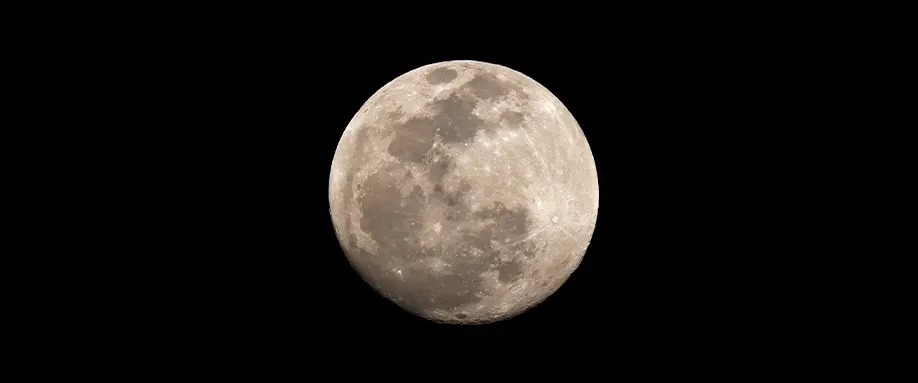
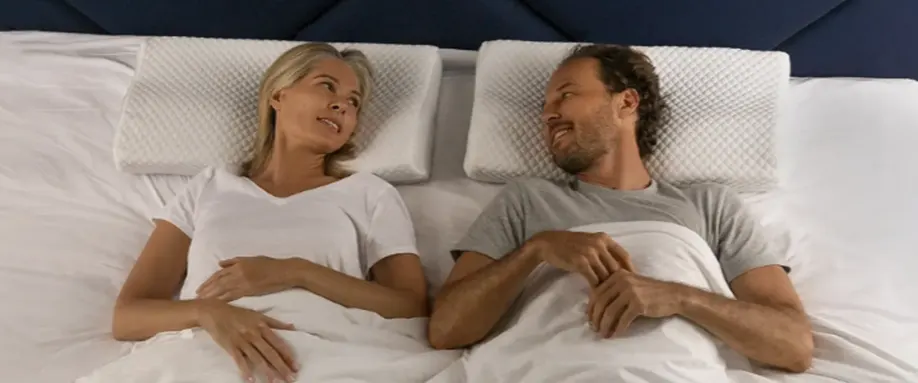
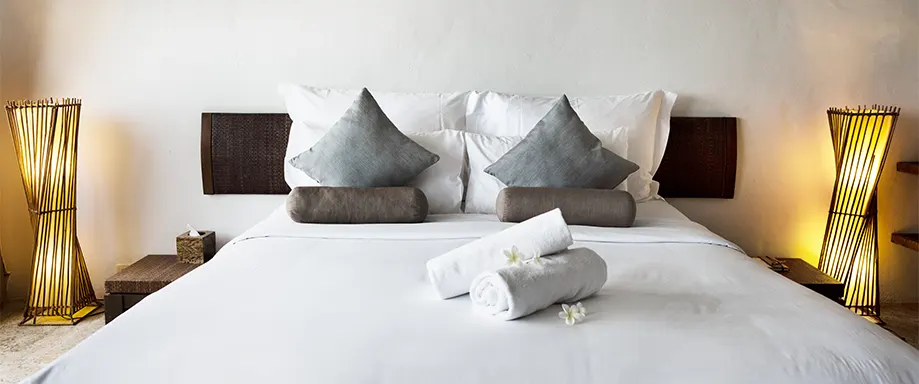













There are no comments yet
"*" indicates required fields